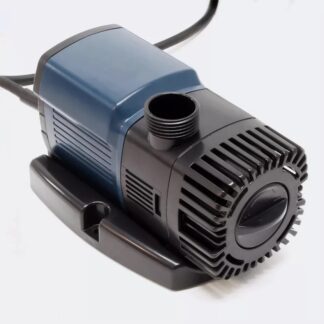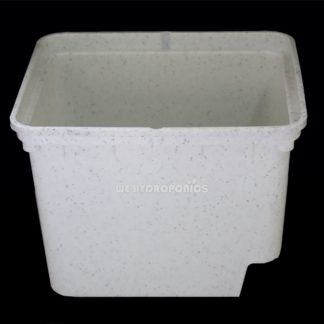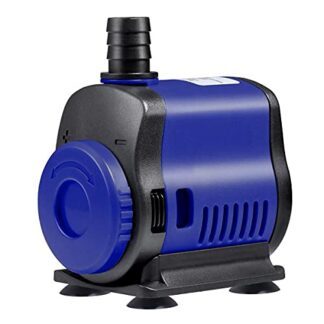Hydroponics is interesting, unique, and rewarding. It is constantly challenging the conventional agriculture sector which is still dusting tons of pesticides on vegetables that are harming us and the environment at large. However, WE have found a ray of hope in the form of a revolutionising agriculture technology that’s a perfect blend of modern science and ancient knowledge; HYDROPONICS. In easy language, Hydroponics is a soilless cultivation technique where the soil is eliminated and certain other media are used that have better water retention capacity, are less prone to diseases, and provide good aeration to the plants. But when you dig deep, it’s much more than that. This technique is the future of Sustainable Agriculture. Wondering How? Just keep scrolling!
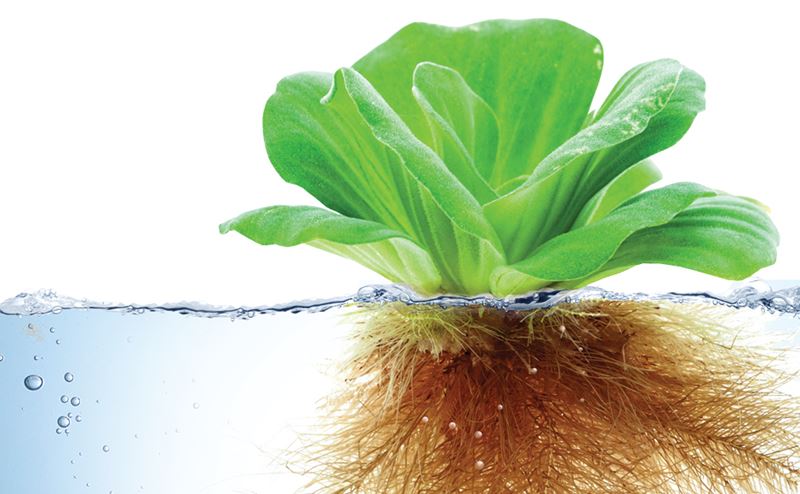
Have you ever thought that soil-based agriculture is our age-old practice then why are WE even talking about soil-less cultivation when soil is abundantly found everywhere for free. Isn’t Hydroponics an additional cost that nobody would like to bear? Perhaps the hidden costs in current soil-based agriculture associated with human health, the ecosystem, and the environment are many times left unseen. That’s where Hydroponics comes to the fore. It is quite logical and only requires a set of procedures. Let’s have a detailed look at how these costs play a critical role in defining a sustainable future!
Impact on Human Health:
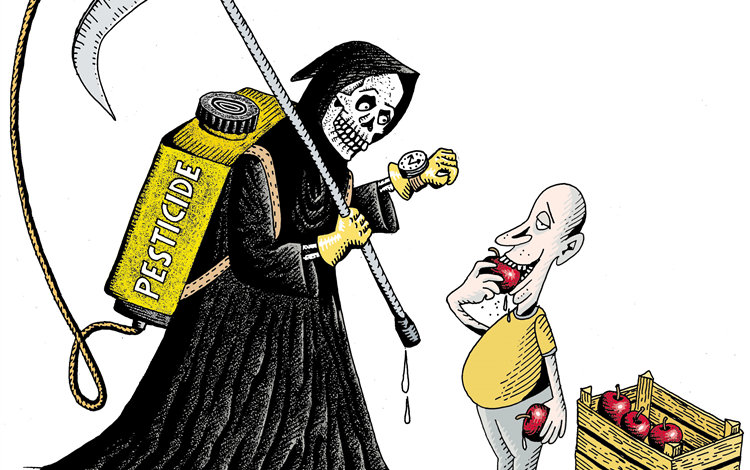
Who doesn’t know how pesticides enter our food chain and how harmful they are to our health! Precisely speaking, Pesticides cause headaches, blurred vision, vomiting, abdominal pain, suppress the immune system, lead to blood and liver diseases, depression, asthma, and nerve damage. Somehow their comparatively cheaper rates and easy availability compels us to buy them. Then the question arises, Are pesticide-free vegetables costlier than our lives? Absolutely not! That’s why “Organic Vegetables” are trending these days. Still, we don’t know how organic they are? WE proudly say that Hydroponics is a reliable technique where you can see, taste, and feel the purity of crops. Soil is definitely the great source of nutrients that a plant needs, but it is also a hub of insects & pests for which pesticides are sprayed. Soil is required for anchorage and nutrients, that’s it. Here in hydroponics, a solution of 17 essential elements that are actually needed for plant growth are directly given to the plant roots and for anchorage, other media are used. The added benefit worth mentioning is “as the plants receive all the nutrients in a perfect ratio so they are nutritionally more dense than traditionally grown crops and yes it’s proven”.
Impact on Ecosystem:

The deliberate use of chemical pesticides and fertilizers is disturbing the relationship between the various communities of the ecosystem. They are decreasing the biodiversity of the soil. Several bird species are lost due to the accumulation of pesticides in their tissues. Pesticides used in farming might be slightly toxic to birds and mammals, but kill earthworms, which results in the reduction of populations of the birds and mammals which feed on them. They can eliminate food sources that certain types of animals need, causing them to relocate, alter their diet, or ultimately starve to death. The basic reason behind all this mess is ‘High demand and low supply’. Hydroponics has the immense potential to fulfil the public demand without compromising on the ecosystem. Scalability with hydroponics is endless. From home to commercial, it is ready to serve quality food at every step.
The Environment:
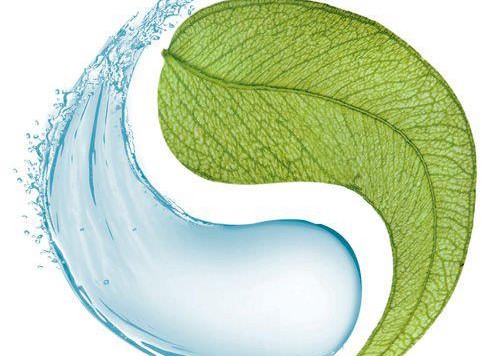
Currently, agriculture accounts (on average) for 70 percent of all freshwater withdrawals globally. Whereas, Hydroponics saves 70-90% more water than soil-based cultivation as the water is being recirculated and reused. Already Groundwater depletion is creating havoc in many countries. Furthermore, the water of freshwater streams contaminated with pesticides is not fit for drinking. It’s a clear sign that this is high time to follow such agricultural techniques where water could be saved. Therefore, WE use & re-use each and every drop of water in Hydroponics.
Isn’t Hydroponics artificial?
Hydroponics gives you total control over the plant. You don’t have to wait for a particular season to eat your favourite vegetable when you can have a year-round harvest of farm-fresh, flavorful, nutrient-rich, and aromatic crops. The hidden talent of hydroponics is that it can replace the sunlight with grow lights. Grow lights impart the perfect spectrum of light on plants for which they were dependent on sunlight and hence they grow naturally. Commercially speaking, humidity and other factors are controlled that affect plant growth but all WE are trying to do is- “creating a replica of the natural environment and ensuring sustainable food production”. Fluctuating weather causes massive crop loss each year. Thus, hydroponics is an honest effort in the direction of food security. It empowers us to “Grow our own food”, the kind of food WE want you to eat. It is so flexible that it can fit into the backyard and it can become a big commercial farm as well. The possibilities with Hydroponics are endless. Keep exploring!

